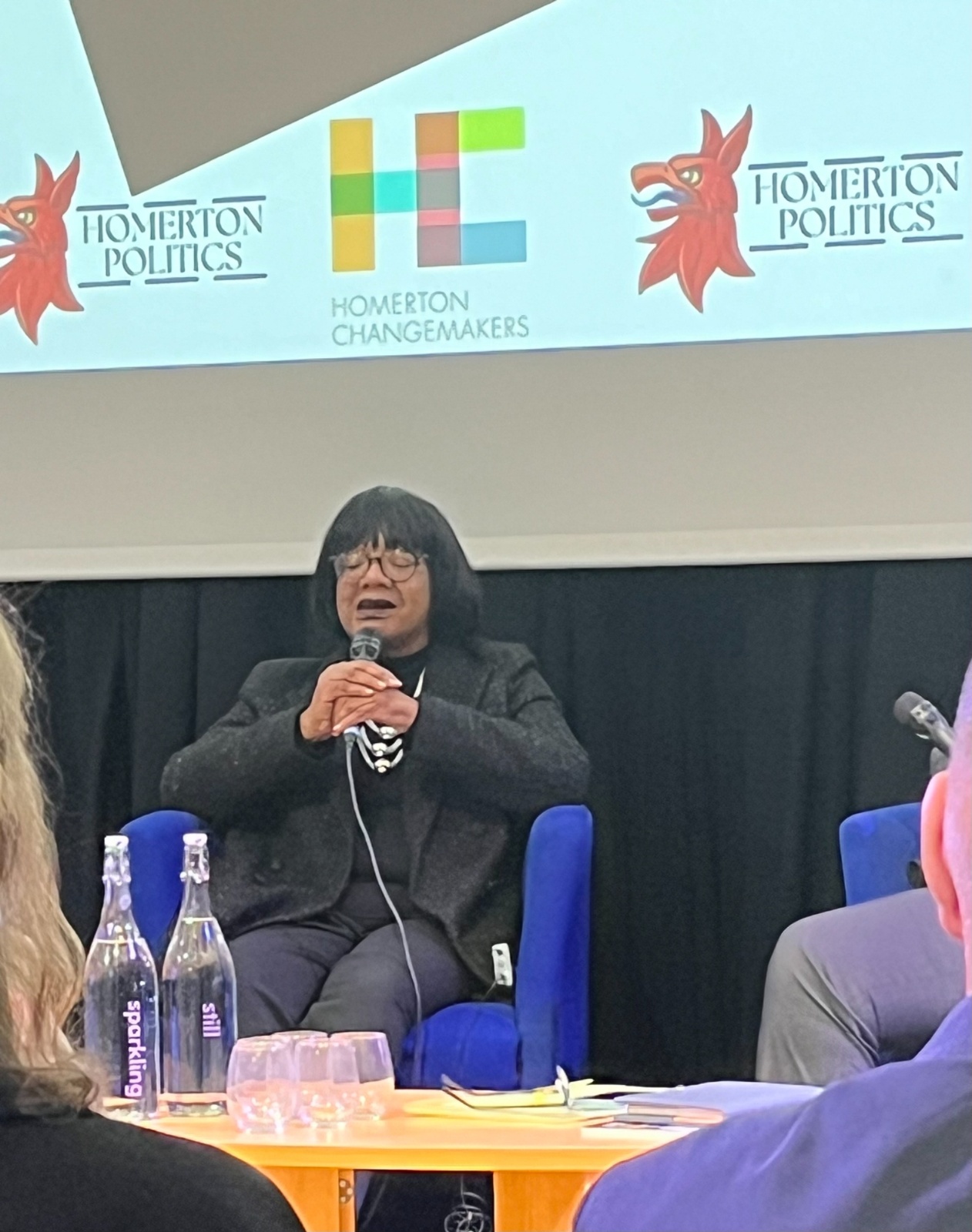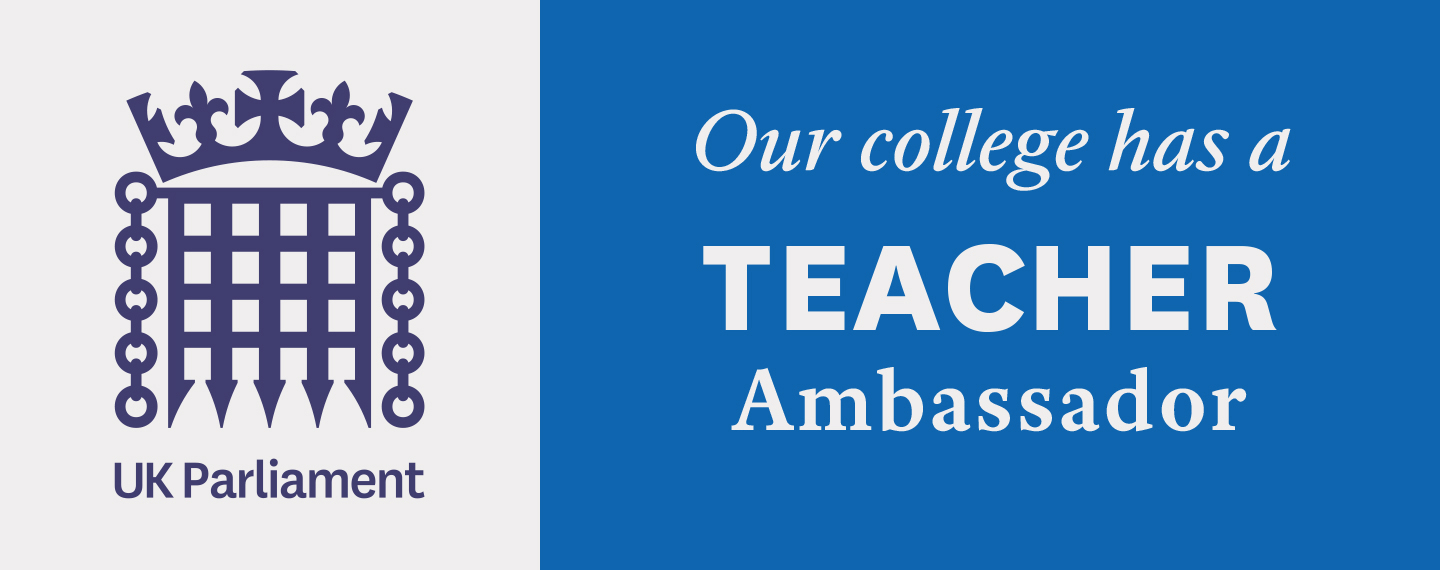
Politics students attend 45th anniversary of Black Manifesto
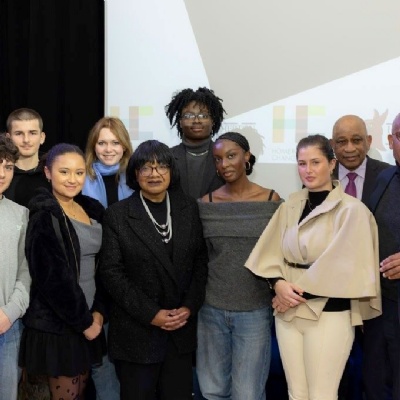
On Friday 29th November, A Level Politics students from Long Road attended a symposium to commemorate the 45th anniversary of the launch of Black Manifesto and a discussion concerning radical politics both of the past and the present day.
This took place at Homerton College, University of Cambridge as part of the Homerton Change Makers programme and was originally scheduled to take place earlier in the year but had been rescheduled due to the General Election held back in July.
Hosted by Lord Simon Woolley and chaired by Dr Robin Bunce, the evening saw contributions from long time activist Russell Profitt MBE, the founder of Black Manifesto, alongside long serving Labour MP for Hackney North and Stoke Newington, Rt (Hon) Diane Abbott, the current Mother of the House of Commons. Russell spoke of the vital need to always fight injustice and, alongside Diane Abbott, shared harrowing stories from the campaigns in which they were involved, including the ‘Black People’s Day of Action’ following the New Cross fire in 1981. In addition to this, Diane told of the many exclusions she has faced from her time as a student at Cambridge to her attempts to join, and then stand for the Labour Party, eventually succeeding in 1987 in the face of some resistance from within the party itself.
The students that attended were second years; Modestin McNeil Snow, Melissa Mlauzi and Grace Prasher, along with first year students; Conor Runswick, Chloe Crick, Oliver Tuffin, Lexi Moore and Louis Sullivan. As Lord Woolley invited a question from the Long Road cohort, Melissa was able to ask Diane Abbott for her suggestions on how to bridge inequalities in education. Diane suggested the extension of the supplementary Saturday schools that were established in the 1970s and are now represented by the National Association of Black Supplementary Schools (NABSS).
The evening was an important event for understanding how minority groups still face inequalities in society as well as in political representation and included discussions on the police, education and on how the challenges posed by the populist right can be overcome.
Many thanks go to all the panellists and to both Lord Woolley and Dr Robin Bunce for inviting us to take part.


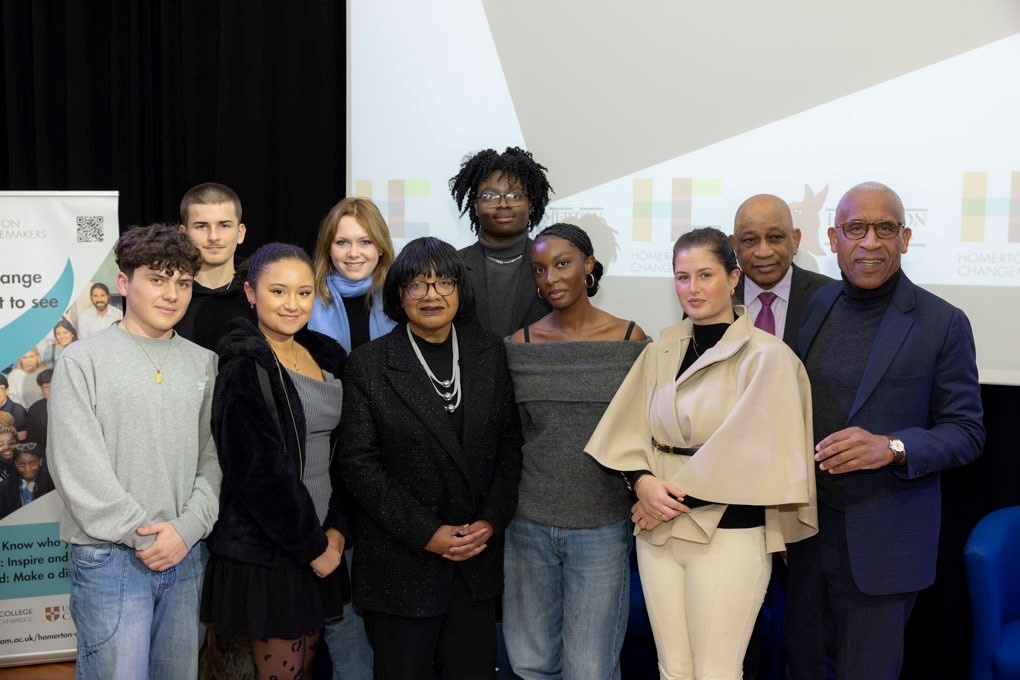
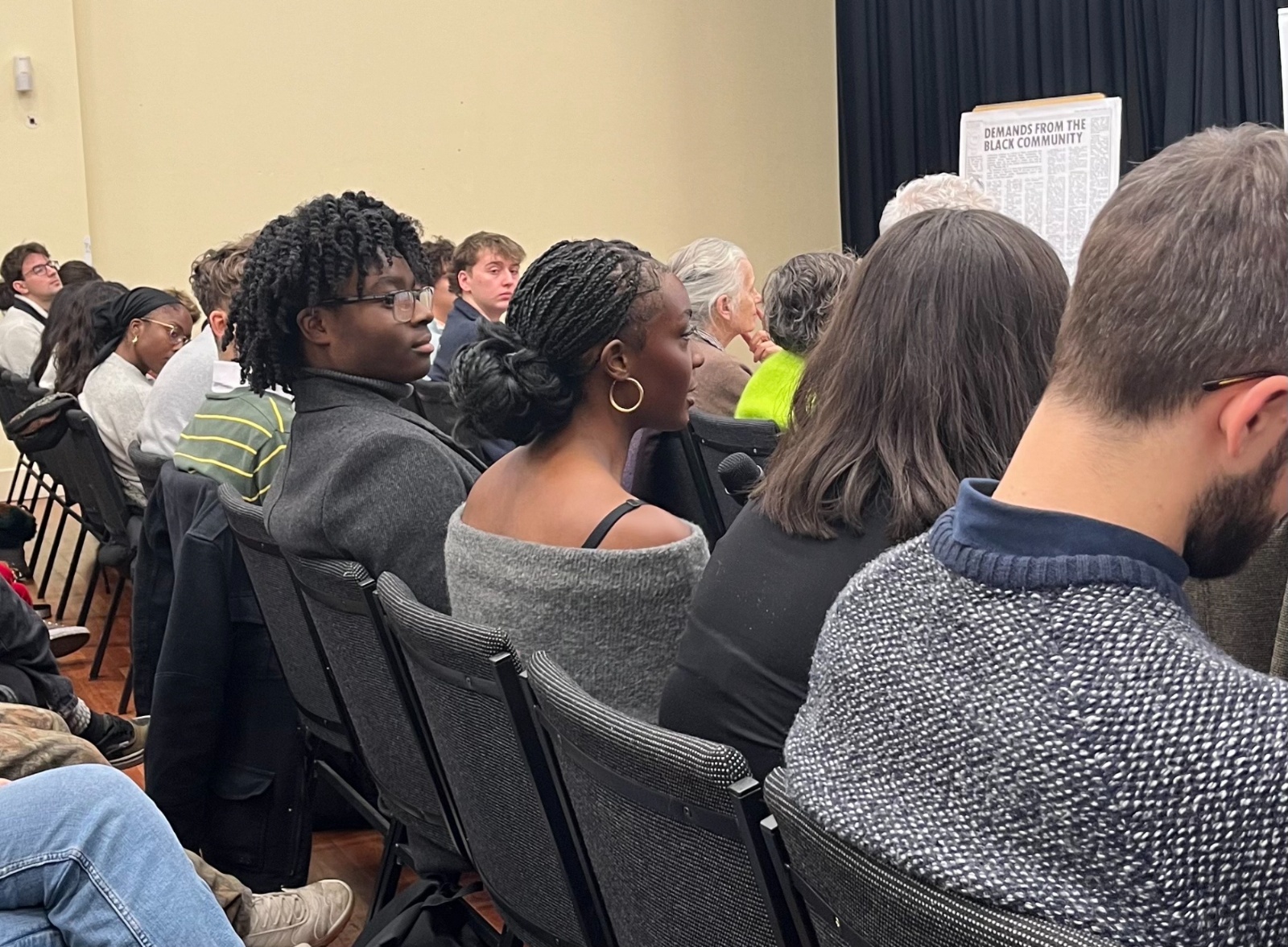
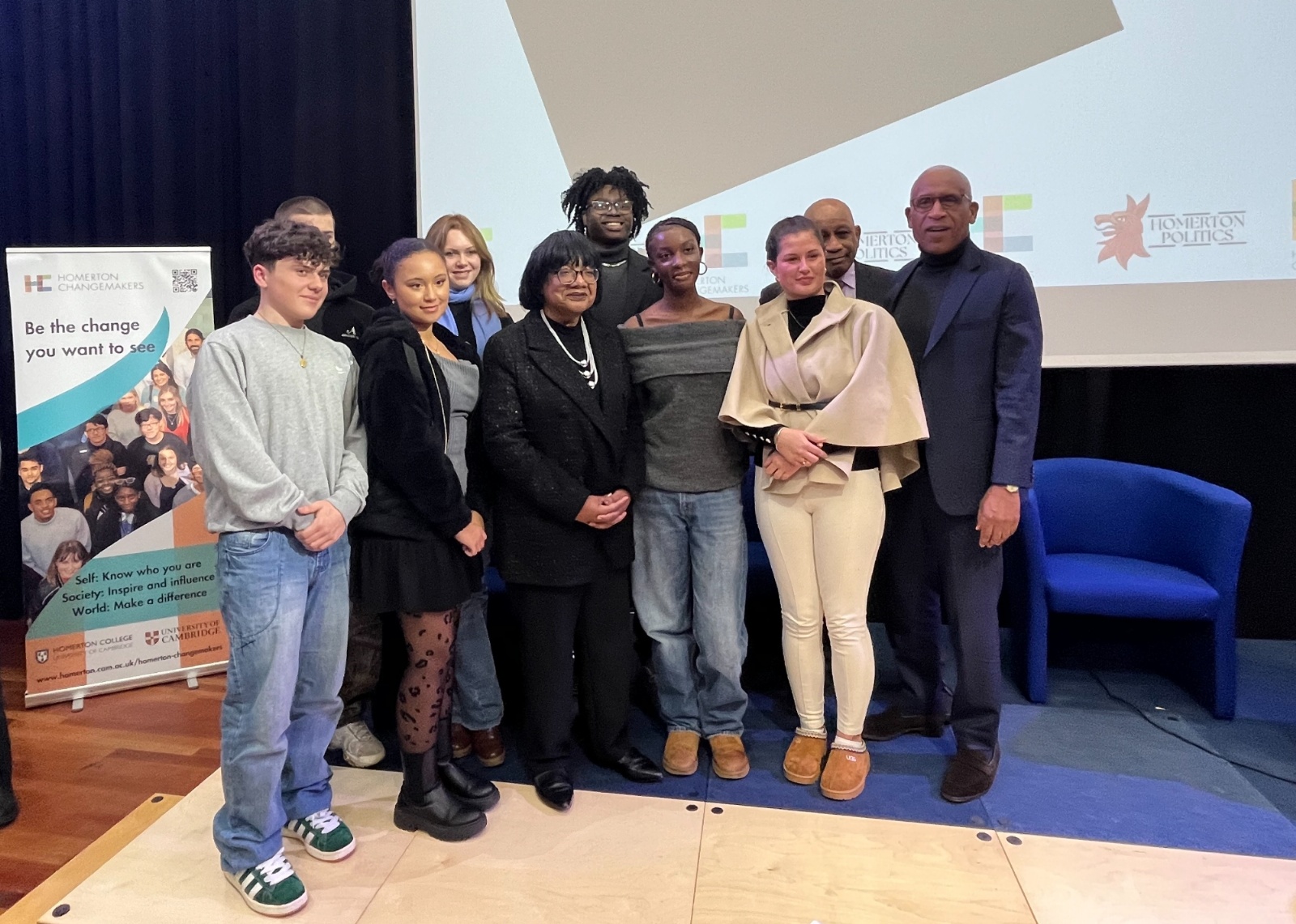
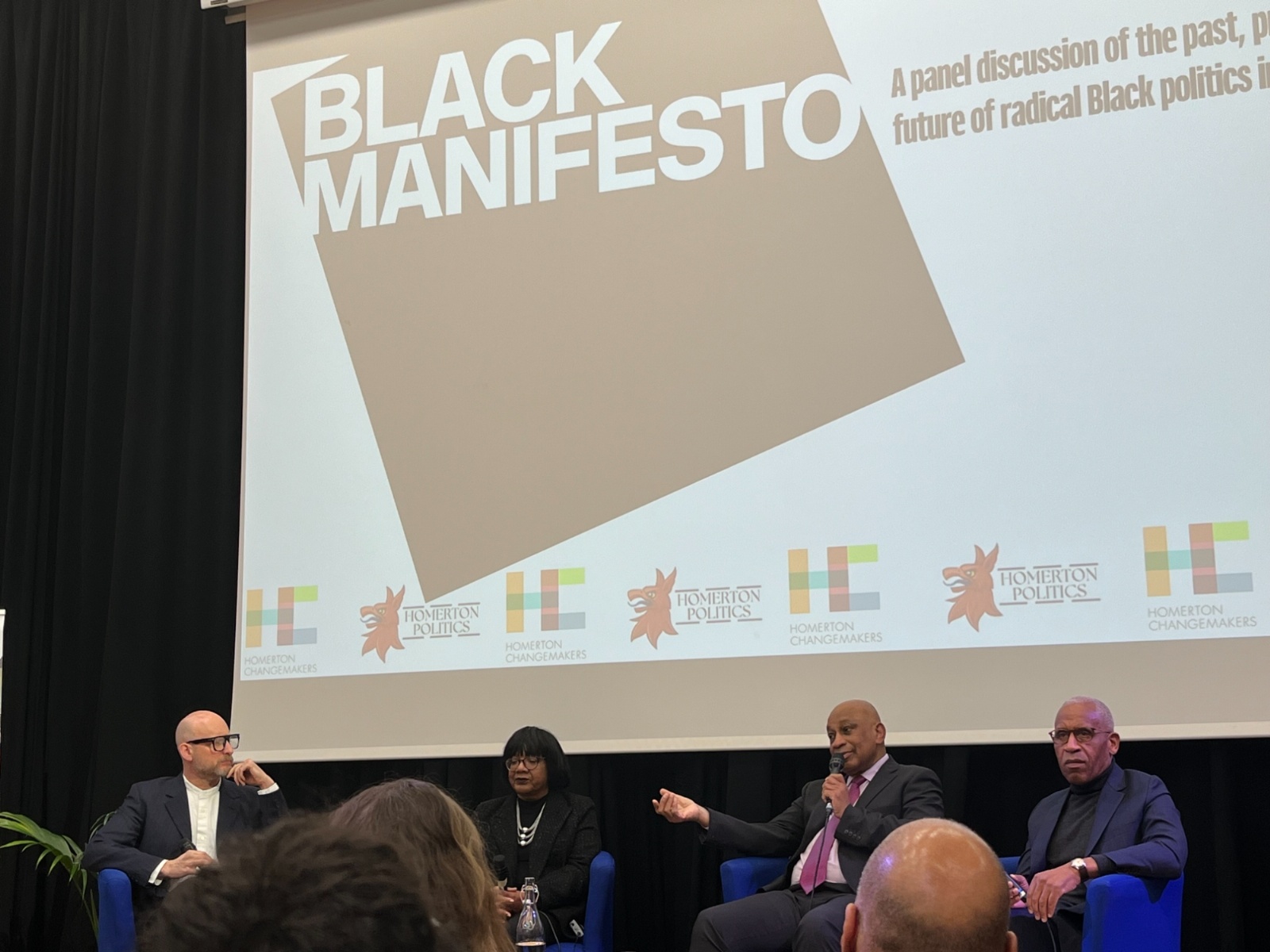
DianeAbbottMPRussellProfittLordWoolley.jpeg)
